The Little Restaurant That Couldn't
A Server's Tough Lesson in the Industry
| Estimated Reading Time: 5 Minutes
didn’t move to New York with a job. Instead, I moved post-grad with two degrees, a U-Haul truck, and way too much optimism for a naive early twenty-something.
No job. No savings.
Just the confidence that while everything fell perfectly into place, the food industry would hold me delicately, feed me, and cradle me with long, busy nights.
It always had.
The first few restaurants I tried had me sitting quite uneasy with this decision.
One was too rigid, with a manager who seemed to make for staff stiff whenever he walked in the door.
Another smelled vaguely of mop water. And one had a wine list that looked like it had been copied from a grocery store pamphlet.
None of them felt like me.
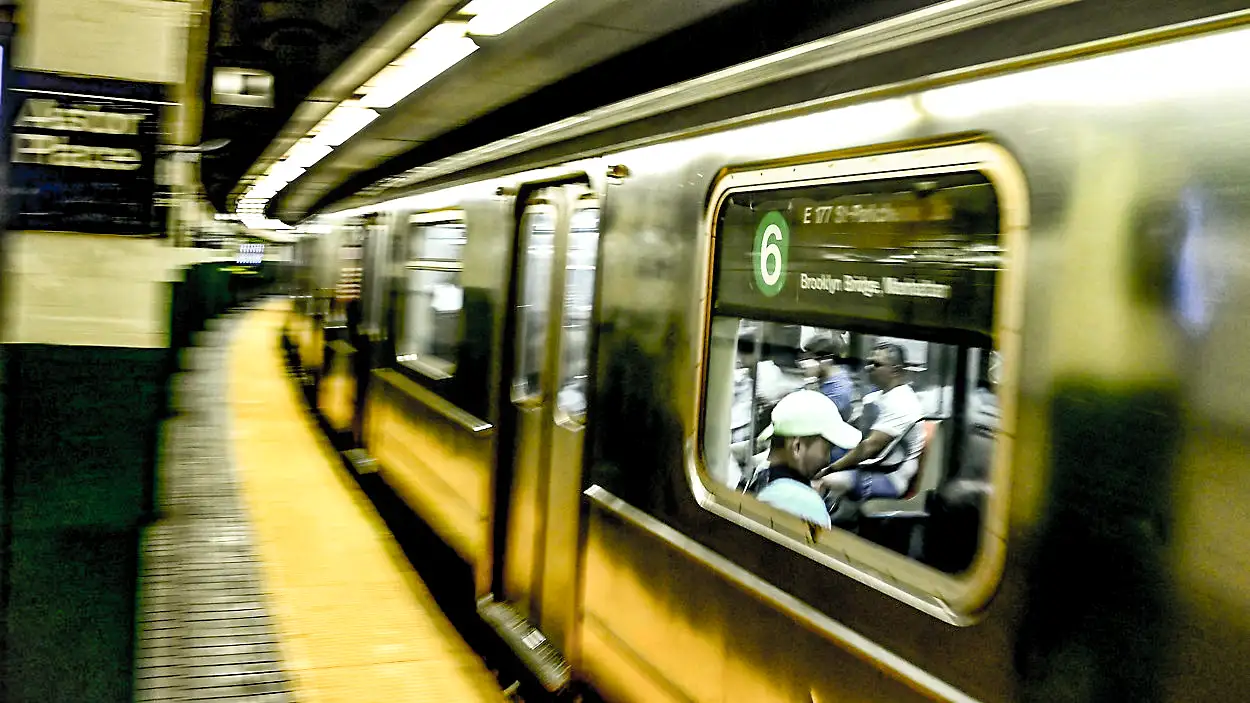
6 Train |
Then I found the little wine bar in Brooklyn. Tiny, warm, candlelit, and a menu that sounded like it had been written by someone who wore exclusively linen shirts.
I had a quick phone interview, did a training shift, and suddenly I was the newest server at Bar Vinazo.
I lived in Queens, which meant my commute could be anywhere from two to three hours round-trip, depending on the MTA and if the universe felt merciful that day. It was worth every minute.
The guests were a constant source of fascination. There were always groups with babies at happy hour, reconnecting over snacks and conversation.
The guy who ordered a different obscure bottle every week just to see if I could pronounce it without hesitation.
There were tourists who got lost and wound up stumbling upon the little white door.
They would sit in fascination, memorizing every little part of our garden.
And the true regulars who somehow made me feel like part of their extended family, sharing stories about everything while my hands moved on autopilot, carrying plates of food and drinks.
Each table came with its own rhythm, its own personality,
and I learned to read the room every evening, the moment the doors opened at 5 o’clock sharp.
My coworkers were even better. Sharp humor nestled in genuine kindness. Stephens’s sarcasm made me laugh.
Tara’s cute outfits got me so inspired. The whole staff teased each other endlessly, but on the busier weekend nights, a bowl of gummy bears would somehow always appear on the server station.
Michelle was most likely the culprit. I smiled so much when they all started teasing me, too.
And then there was the kitchen. Garlic, olive oil, onions, butter, jámon–a smell that could make a shift feel like an indulgence.
I could walk past the prep table and feel like I had been mesmerized.
I learned the rhythm of the kitchen quickly: the precise moment the croquetas hit the oven, the tap of the printer announcing a new order, the low muttering of Chef Sylvia when she caught someone moving too slowly.
By late summer, it felt second nature. I knew which regulars would be chatty, which would just watch the chaos with mild amusement, and which would silently judge your wine presentation if you weren’t careful.
I could go into the cove and find a bottle from the wine list in a matter of minutes.
And I learned how to pour water from the weird vases at the high tops without little driplets on the table.
There were nights that felt like tiny adventures: a Friday dinner rush with only Collin and me on the floor where the reservations overlapped with walk-ins and the kitchen called out tickets like frantic jazz.
So many snuck in birthday cakes. Tasting scorpions with the staff before pre-shift. Lessons on gin.
Always having a wager to who can sell the most specials for the night. I would always sell us out.
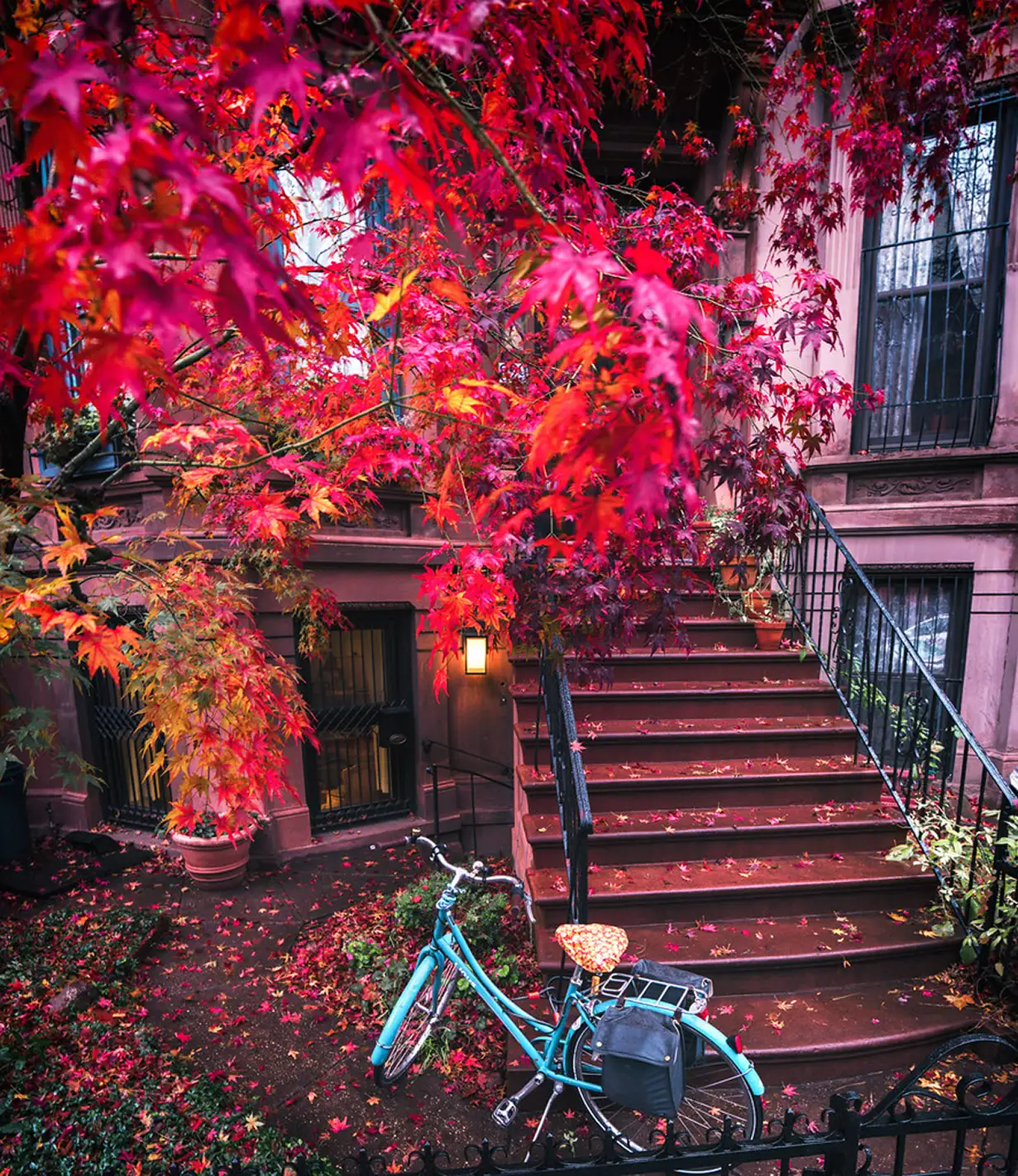
Autumn In Ny | Image by Vivienne Gucwa
Fall crept in. Spritz orders slowed. Reds dominated. Guests lingered longer, drawn by the warm lights and the smell of roasting squash and garlic.
I remember one slow night when the restaurant felt almost empty.
Only four of us were on shift, and we gathered near the small prep counter, passing around a plate of poached pears Ines had made, hoping it would go on the dessert menu that Winter.
The fruit was warm, spiced with sangria.
We each took a bite, murmuring our approvals, and for a few quiet minutes, the chaos of the city outside felt miles away. It was intimate, almost sacred.
It was a small, shared moment of joy that reminded me why I loved this job, even on the longest, messiest days.
And then, right before Thanksgiving, I got an email early in the morning.
From the owner, who was practically a rumor himself, informing us that Bar Vinazo was closing at the end of the week.
Financial reasons, he claimed. No two-week notice.
No staff meeting. Not even a “thank you.” The restaurant was closed.
The building itself was sold off within a couple of days.
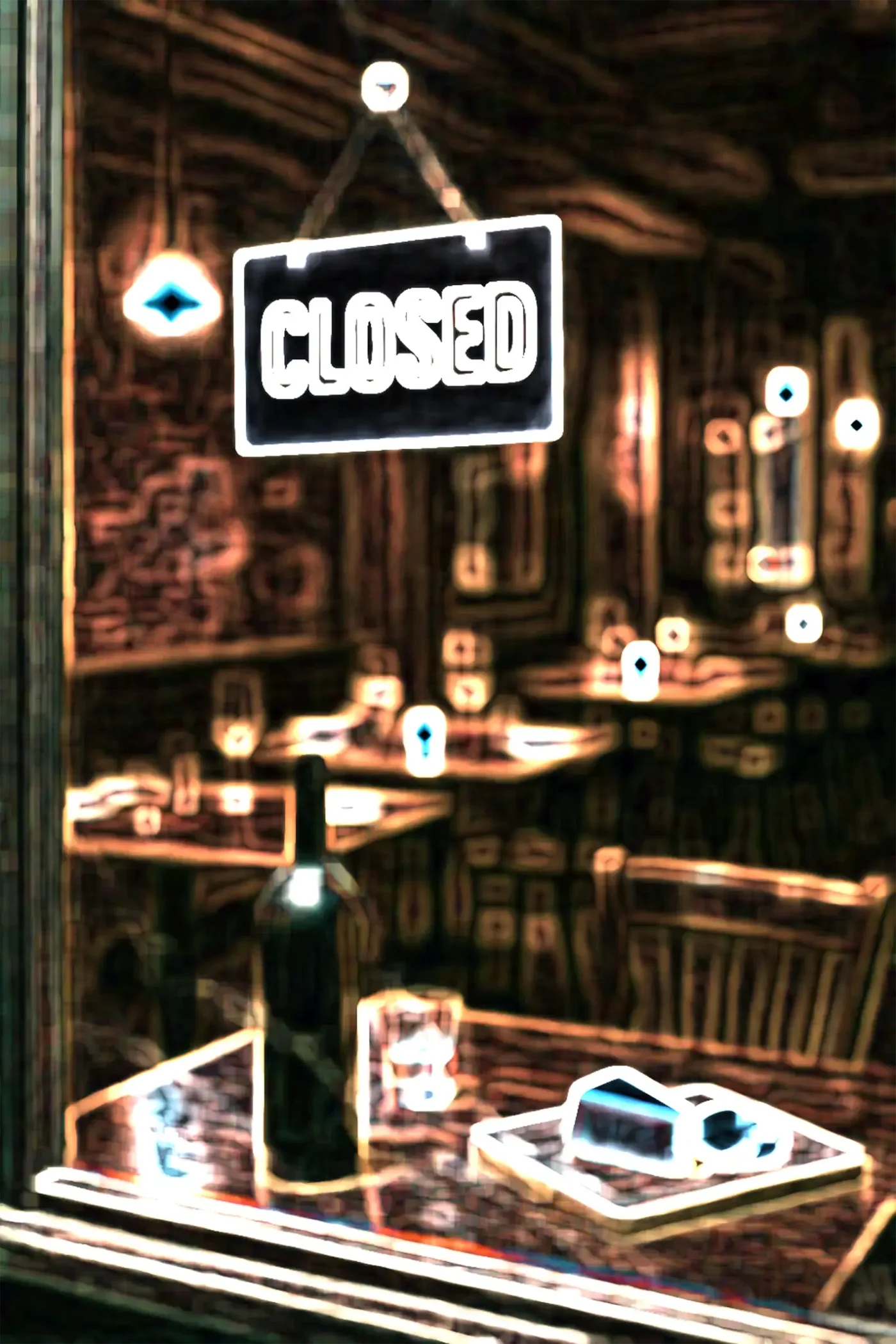
| Image by Jerbear
We all knew there was more to the story. Chef had been holding the place together by sheer willpower.
She was managing, cooking, ordering, and troubleshooting. She had been holding it all together, and eventually, the weight crushed her.
She put in a month’s notice, and none of us could blame her. Except, apparently, the owner.
But it still hurt. The little universe that had been my safe haven upon moving just disappeared.
My coworkers scattered. The regulars lost their place. The neighborhood lost a hum.
That smell of garlic and gambas, the clatter of glasses, the rhythm of tickets being called out was gone.
Restaurants aren’t simply jobs. They’re ecosystems.
You learn the rhythms and the inside jokes. You know a table’s ins and outs and the regulars that always sit at them.
You get jitters from VIPs, bad nights, and small victories. And when that ecosystem collapses, it doesn’t just take your paycheck. It takes your sense of place, your temporary home, your little daily rituals.
I spent that last week replaying every shift in my head.
The chaos, the laughter, and the moments I thought I’d never be attached to played over and over in my head. I thought about the people who built these worlds every day, often under impossible conditions.
And I thought about myself, commuting three hours every day for a job that up and vanished.
I don’t regret it. I learned more in those months about the city, wine, and myself than I ever would’ve on my own in that time.
But the sad, cliche truth is, the city is full of ghosts.
Every closed restaurant, every disappeared bar, every “sorry, we’re done” email leaves a little void.
For the people who work there, it’s not just income that disappears. It’s family, routine, a sense of purpose.
The regulars, the smells, the rhythm of the floor are all gone in an instant. And yet, somehow, we keep showing up. We find a new restaurant, learn again, love again, and sometimes get broken again.
Bar Vinazo was my home for a couple of seasons.
And even though it ended with a single email, it taught me that the ephemeral nature of restaurants is part of what makes them beautiful and devastating.
I’ll probably never travel a three-hour round-trip commute for another place, but I carry that summer with me: the smells, the chaos, and the heartbreak.
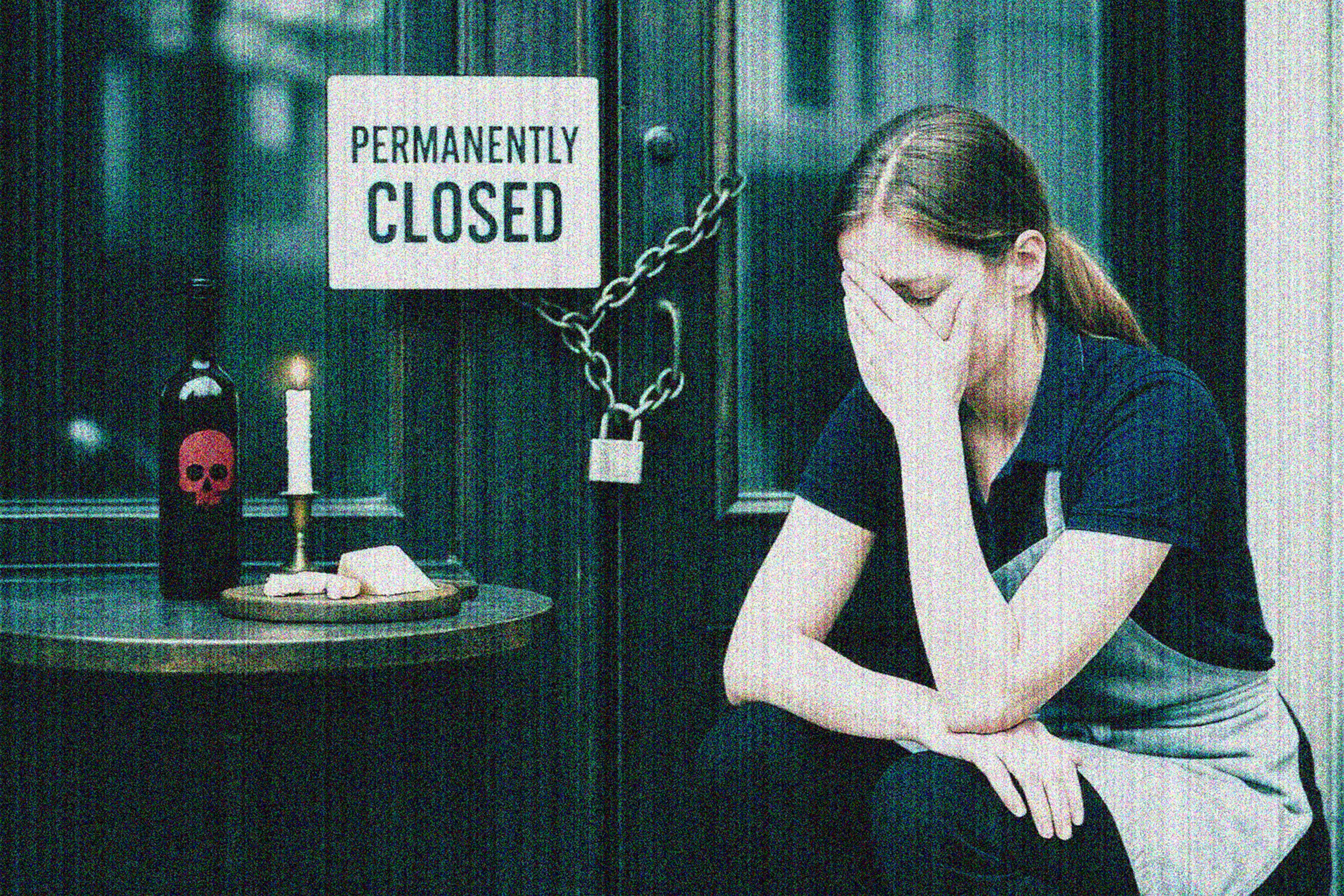



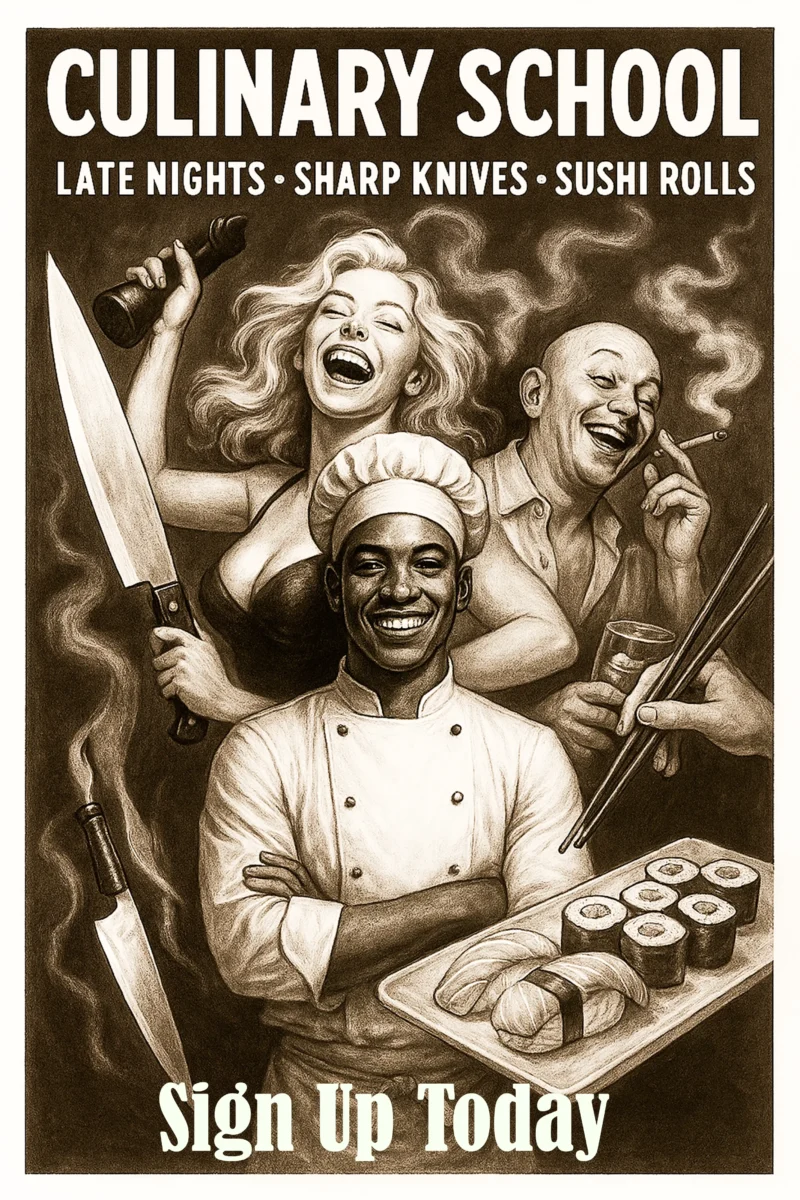
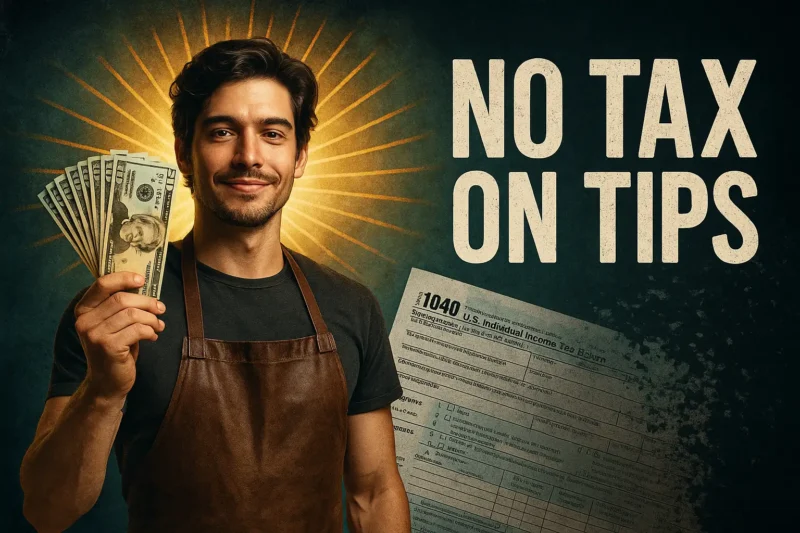
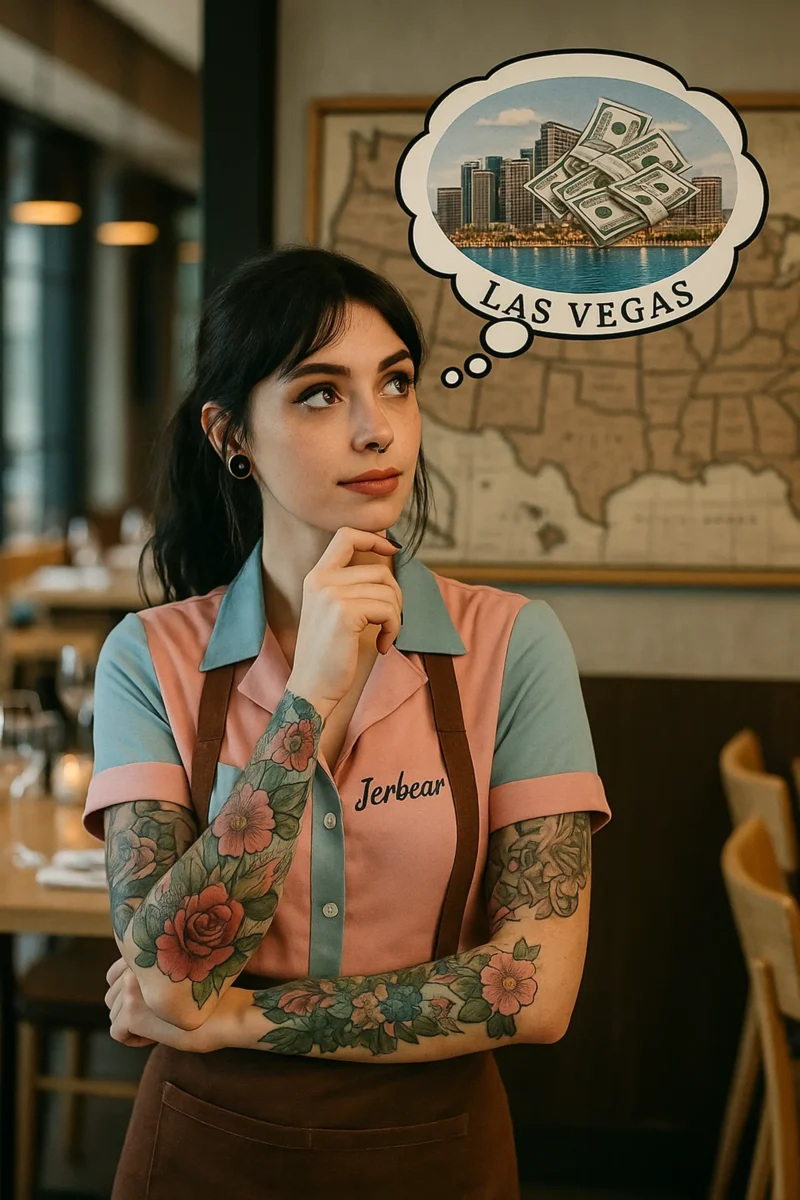
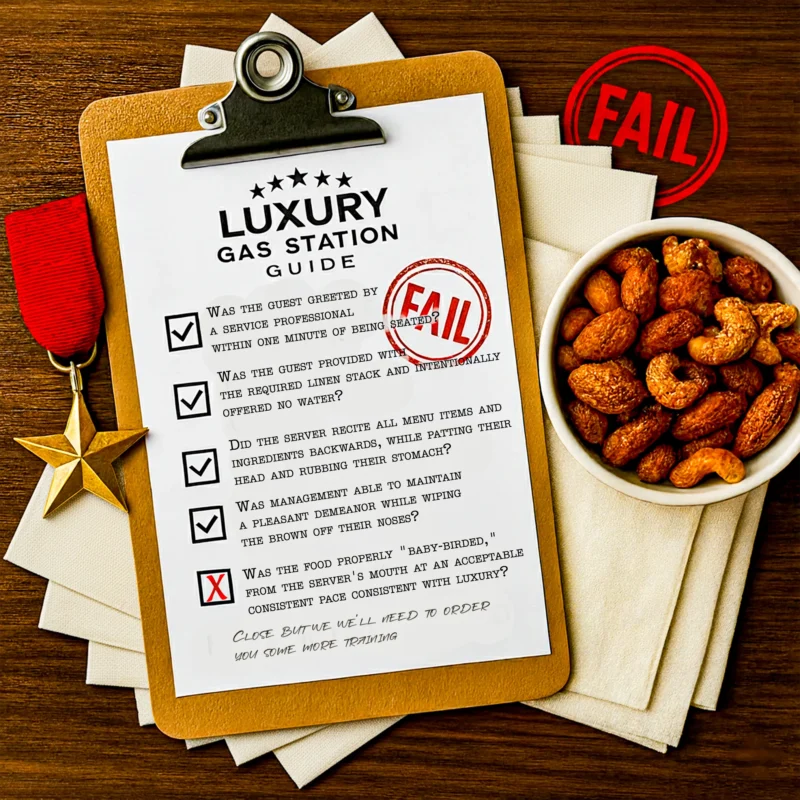




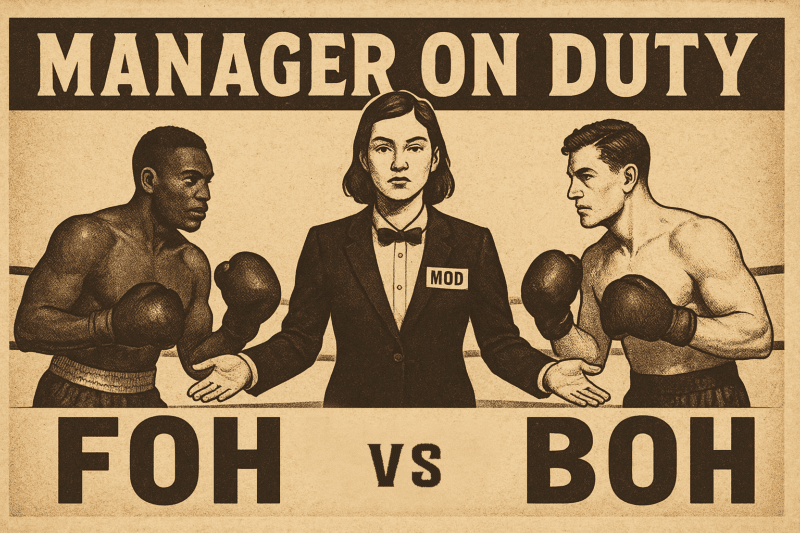



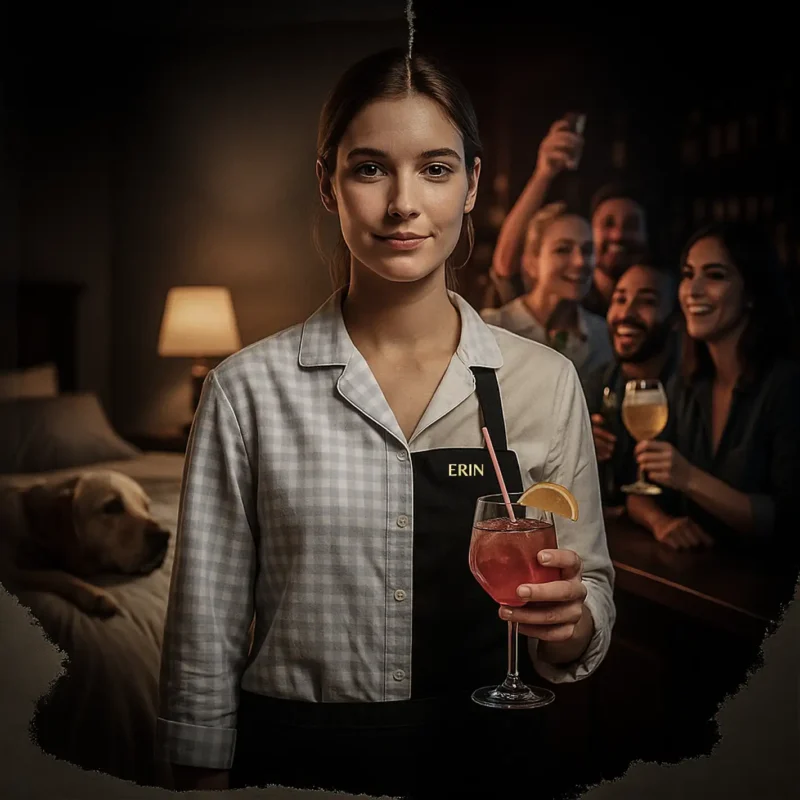
What a life !